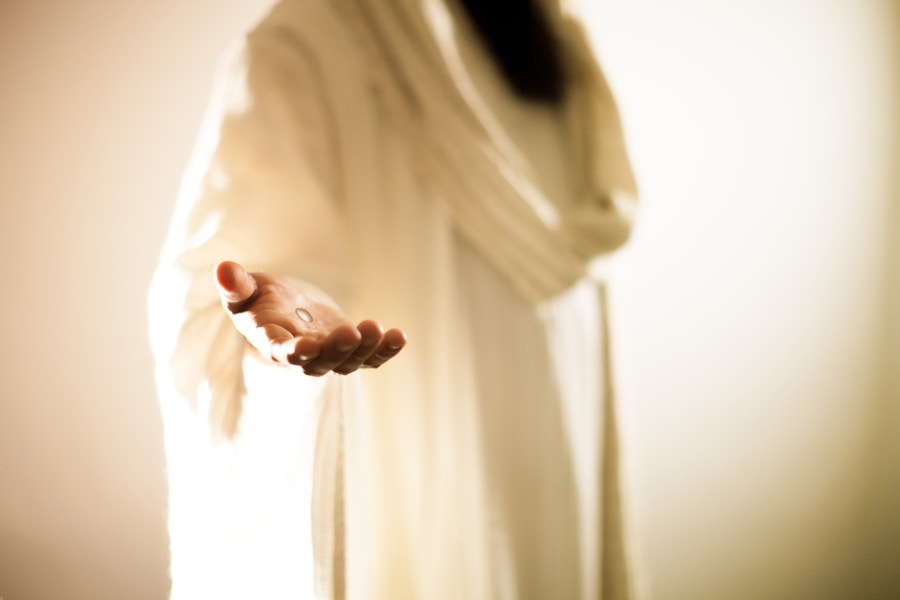Behind Jesus’ surprising words in Luke 14 was a common belief all at the dinner shared in common. At the inauguration of the age to come, an event that signaled the end of this “present evil age,” the long awaited Messiah would feed Israel at the great Messianic banquet, after the pattern of Moses feeding Israel with manna in the wilderness. One greater than Moses would come, introduce a greater kingdom than that established by Moses, and celebrate the arrival of that kingdom with a great Messianic meal. True to form, Jesus took these current Messianic expectations and inverted them in an entirely unexpected manner.
Who would be invited to the great Messianic banquet? Jesus’ religious contemporaries – every teacher and scribe sitting with Jesus at that meal — fully expected to receive an invitation. For quite evidently, were not these people already marked by the blessing of God? Every teacher sharing table fellowship at this meal believed he understood the Law of Moses, interpreted it well, and faithfully obeyed it. These teachers’ and scribes’ personal lives were no doubt well-ordered. They were recognized and honored by their culture, physically healthy and mentally sound, and by all appearances free from all marks of God’s judgment.
These religious authorities were confident they knew what God’s judgment looked like: sickness, poverty, blindness, deafness, insanity, the presence of the demonic. It was the sick, the poor, the blind, and the lame that would be excluded from the Messianic banquet, not the holy, the well-taught, the obedient, the learned.
Jesus asserted just the opposite. It was the poor, the crippled, the lame, and the blind that should be – indeed, would be – invited to the banquet, rather than those who fully expected to receive an invitation. Jesus was speaking of an upside-down kingdom, one full of reversals, unexpected hopes and unforeseen possibilities, and shocking judgments.
God’s kingdom was open to all – including these Pharisees and scribes — but to enter one’s understanding of oneself and one’s neighbor would have to drastically change. Those who thought they were rich would have to become poor. Those who thought they were healthy would have to acknowledge their sickness and need for healing. And those who had lost hope, who on their bodies or in their minds bore the marks of exclusion, of judgment, of hopelessness, would be invited into a kingdom whose entranceway spelled grace, forgiveness, healing, and unimaginable, incomprehensible love. The kingdom’s only requirement was the acceptance of the king’s invitation to enter his realm.
One of those eating “at the table” with Jesus, a man who was either extremely dull or extremely discerning, responded immediately to Jesus’ words with this comment: “Blessed is the man who will eat at the feast in the kingdom of God” (Luke 14:15). How right he was. As he was speaking, did he think to himself, “Thank God, such will surely be true of me,” like so many of the others at that table might well have been thinking? Or did he comprehend the meaning of Jesus’ words and their implications for the nature of the kingdom Jesus was announcing to Israel and to the world? It is hard to tell. I suspect the former and hope the latter.
This lively, unexpected, disturbing, hope-filled dinner conversation had not yet ended. Jesus responds to this unknown teacher’s comment on the blessing reserved for all who enter the kingdom with another surprising story with a startling, troubling twist.
“You are full of surprises, Lord. Often you catch me off guard with your words and actions. Help me to keep my eyes and ears open, for you continually offer me mercy and grace.”
Catch up with Chris’s first two looks at this banquet (Can God Be Trusted? and One Wild Meal) and the rest of his blog posts at Conversations with Chris.


